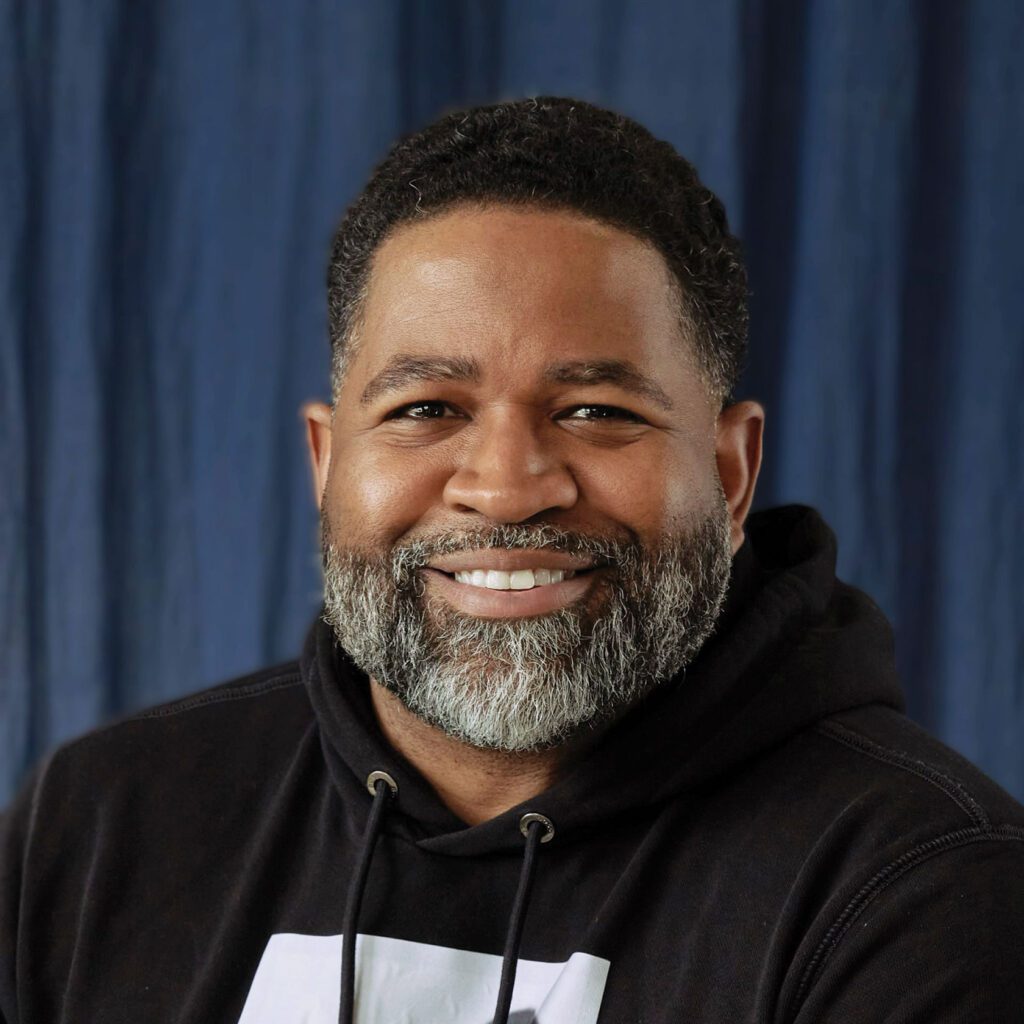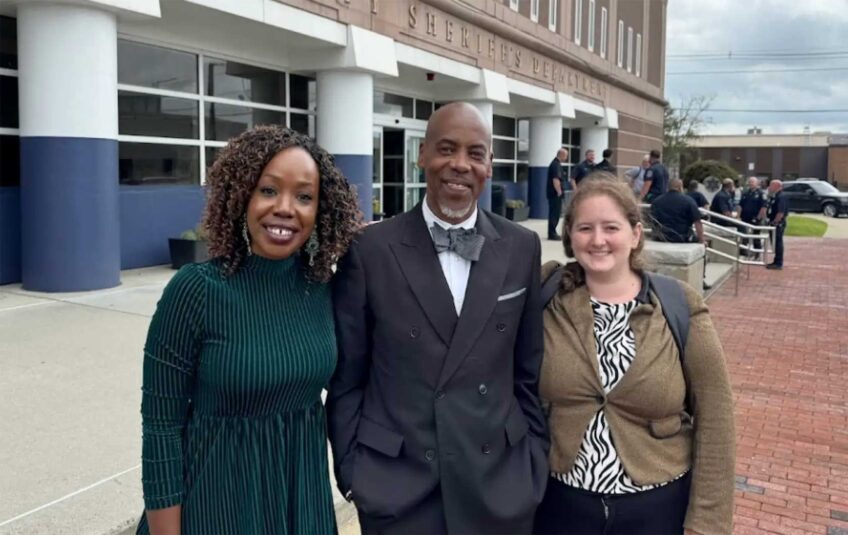
Jamil Smith, a former essayist at the LA Times, has been named the new editor in chief at The Emancipator, the digital newspaper hosted by the Center for Antiracist Research at Boston University.
Smith, a native of Cleveland, Ohio, joined The Times in 2022 after holding senior positions at Rolling Stone, Vox and the New Republic.
He has also co-hosted “One Year Later,” a limited radio series for KCRW, as well as several podcasts.
Smith returned to political journalism in 2010 after several years producing for NFL Films and MSNBC, where he was a producer for both The Rachel Maddow Show and Melissa Harris-Perry, according to a recent interview with Alex LaSalvia, The Emancipator’s digital producer.
In 2019, the New York City chapter of the Society of Professional Journalists awarded him its prize for arts reporting for his Time magazine cover story about the film “Black Panther.”
His political and cultural commentary have appeared in publications ranging from The New York Times and The Washington Post to Esquire and Vanity Fair.
Smith said The Emancipator will play a pivotal role in the 2024 presidential election, including illustrating how the campaigns’ policy positions and platforms “will affect, benefit, or detract from the oppressed communities that we cover,” according to The Emancipator interview.
“I want The Emancipator to show, during this election cycle and beyond, what racism looks like, how does it manifest? What does it actually do? How does it move through our lives? And so when I say that racism is in food, in the air, in our workplaces, in our social gatherings, I want people to recognize that and think differently about what they’ve been looking at their entire lives,” he told The Emancipator. “We now have, not just an opportunity, but a responsibility to depict that reality to its fullest.”
Smith also said that readers should expect that The Emancipator under his leadership will continue covering critical issues of the time.
“Racial inequity in America is an emergency, and The Emancipator is going to treat it as such,” he said in the interview. “We’re going to be doing our best to tell stories that help people understand the problem writ large, and to give them tools to help them as they continue to explore information and solutions related to this emergency.”






